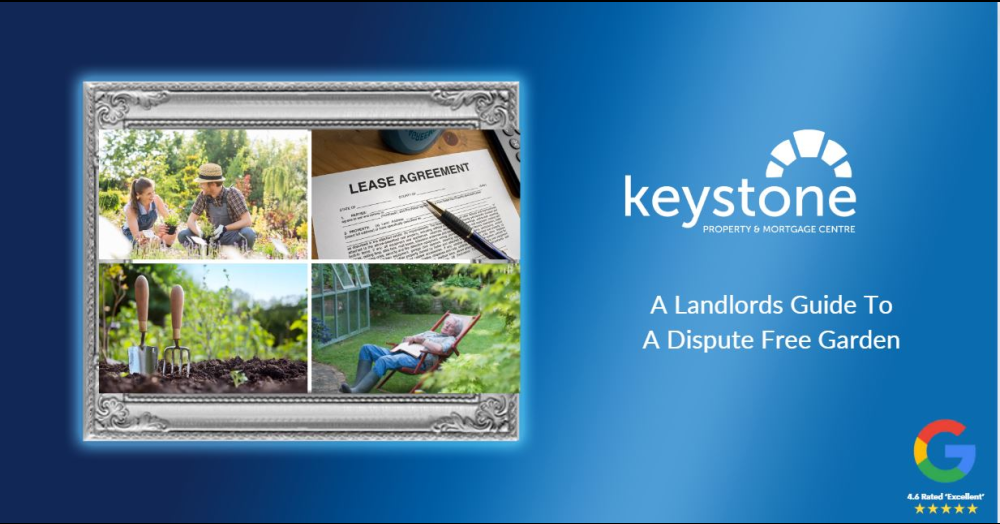Gardens can boost a rental property’s appeal, often making it more attractive to potential tenants – especially during May, as spring is here and summer is around the corner.
But, as beneficial as they may be, gardens can also be a source of friction between landlords and tenants, particularly when it comes to maintenance responsibilities.
To skilfully swerve such disputes, landlords should adopt a proactive approach.
Here are five straightforward strategies to help keep your garden an asset, not a liability.
1) Simplify garden designs
Choose garden designs that are both appealing and easy to maintain. Opt for plants that require minimal upkeep, such as perennial shrubs, to reduce the burden on tenants. Avoid planting species known for rapid growth or those that can become invasive, like bamboo. A more straightforward garden design means less room for disputes over maintenance and care.
2) First impressions count
Before a new tenant moves in, make sure the garden is in excellent condition. This sets a clear standard of how the garden should look and be maintained throughout the tenancy. Basic tasks like weeding, mowing the lawn and cleaning the gutters can make a significant difference in how the tenant perceives and cares for the garden.
3) Clarify responsibilities in the contract
Make sure you mark out garden maintenance responsibilities within the tenancy agreement. While tenants are typically expected to handle routine tasks such as lawn mowing and garden tidiness, landlords should take responsibility for structural garden maintenance, including fences and garden paths. By explicitly stating these responsibilities, you can prevent misunderstandings down the line.
4) Keep detailed records
Keeping thorough records of the garden’s condition when the tenant moves in can be invaluable for a landlord. Photographs and detailed descriptions in the check-in report can provide a clear benchmark for the garden’s required state throughout and at the end of the tenancy. This documentation can be used if any disputes arise.
5) Regular inspections are important
Don’t neglect the garden during routine property inspections. If you observe issues, such as excessive weeds or accumulated rubbish, address them promptly with your tenant. Early intervention can prevent minor problems from escalating into major issues.
Landlords can use these strategies to minimise the potential for garden-related disputes and ensure their property remains attractive to current and prospective tenants.
Clear communication and setting expectations will help grow a harmonious tenancy.
Contact us today with anything you need to know about rental property in Flintshire.



